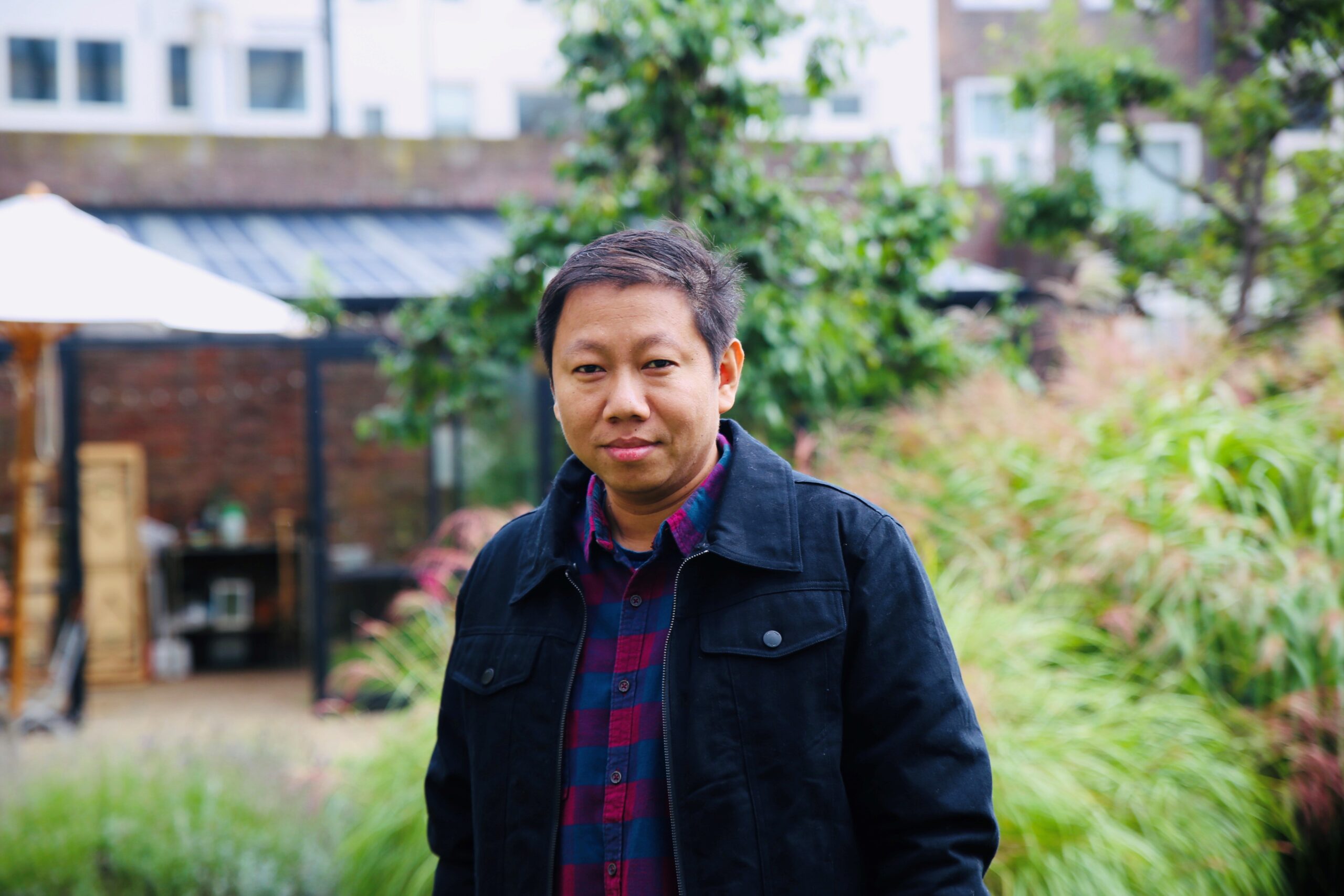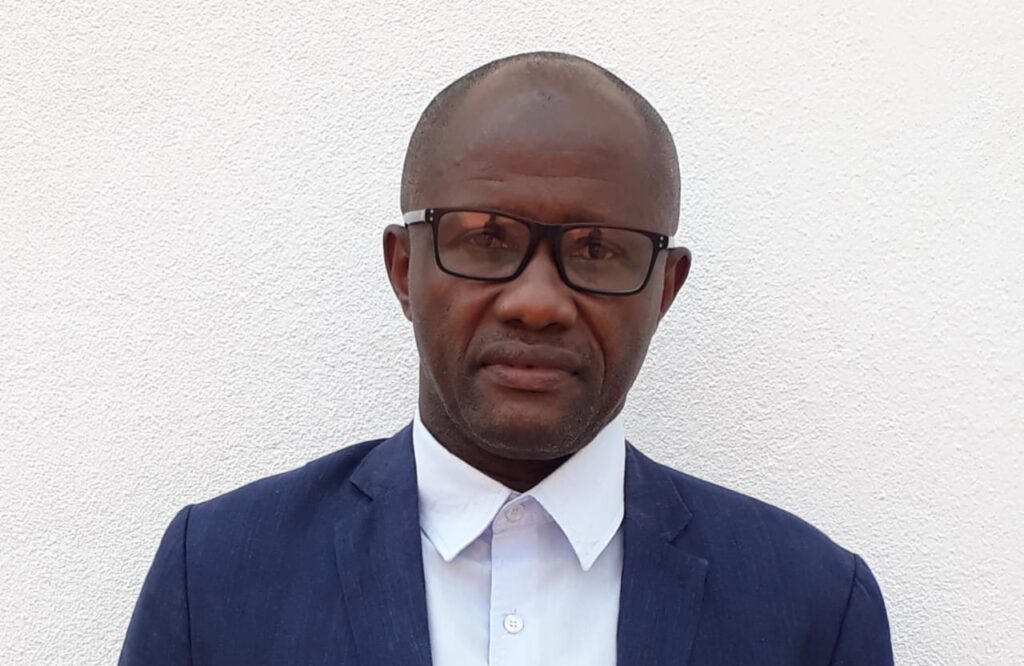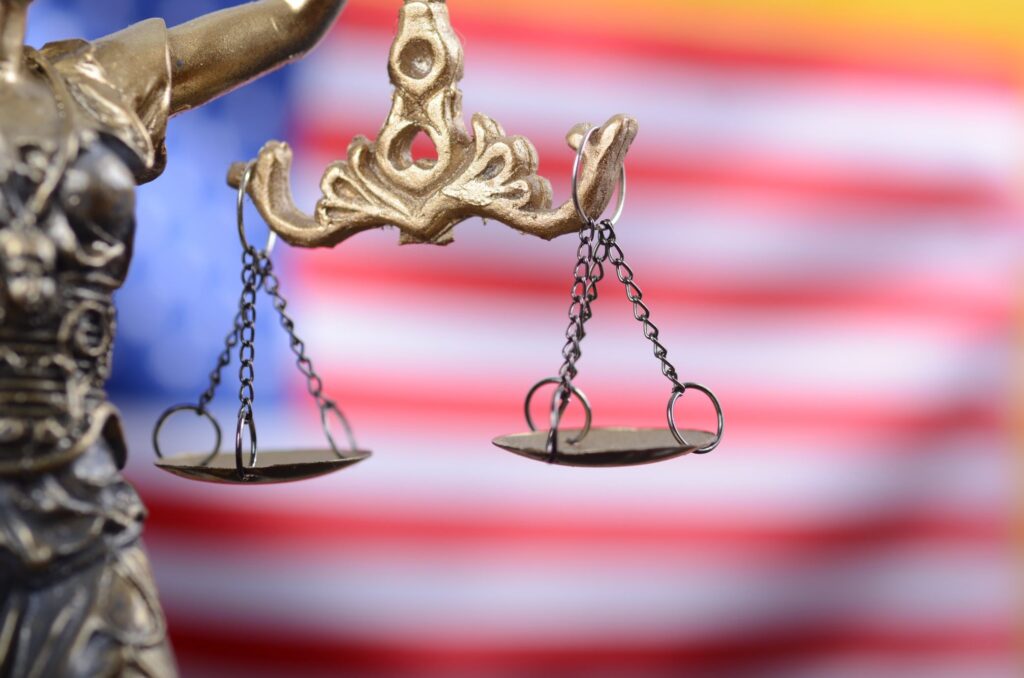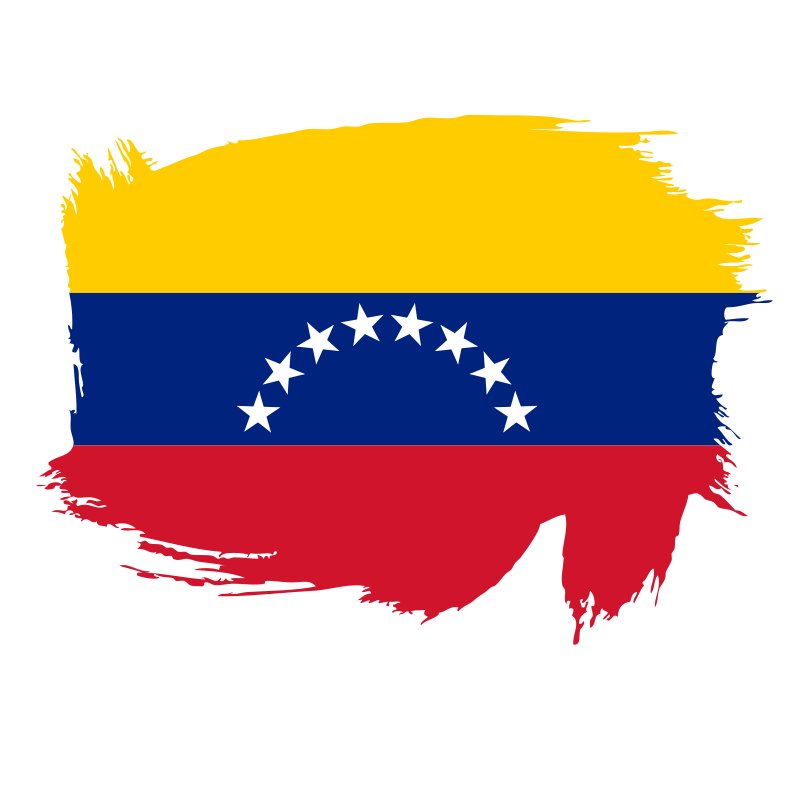The COVID-19 crisis poses huge challenges to human rights and the rule of law. The pandemic also affects lawyers all around the world in their daily professional activities, which causes a great impact on the legal profession. Lawyers for Lawyers has created a COVID-19 series to provide insight into the effect of the COVID-19 crisis on lawyers all around the world.
This article in the COVID-19 series covers the insights shared with Lawyers for Lawyers by Dilip Chakma, a human rights lawyer from India and Director of the Indigenous Lawyers Association of India (ILAI) – a network of indigenous lawyers. As a human rights lawyer, Dilip focuses on providing legal advice and support to human rights defenders and civil society groups. His organization seeks to strengthen the enforcement of existing rights of indigenous peoples and enhance the rights and jurisprudence on the rights of indigenous peoples in the country.
Photo from Justice and Peace Netherlands.
For an audio version of Dilip’s story please click below.
“It has been more than 2,5 months since the nationwide lockdown was announced in India on the 24 March due to the COVID-19 pandemic. The restrictions have affected lawyers and the legal profession.
First of all, I think that the nature of the legal profession has changed: the courts have been virtually shut down since the lockdown and he functioning of the high court and trial courts have been suspended. Only the matters of extreme urgency are being heard through video conferencing. This raises important questions of access to technical skills and training that is required for a lawyer to plead his cases to the court via online means. The majority of lawyers in India do not have these skills or have access to high-speed internet connections. On top of that, courts are insufficiently equipped for online procedures as well.
The whole scenario has affected the ability of lawyers to provide access to justice to clients. During the lockdown, lawyers are not able to take up new cases. Civil litigation for instance, has nearly come to a standstill and new filing is not possible. Lawsuits that had been filed before the lockdown are not going forward either.
Physical production of an arrested person to court is not possible through video conference and without this it is difficult for a magistrate/judge/court to observe if a detainee has experienced some kind of violence in custody.
Then again, there is also financial implication for lawyers. The courts have come to a standstill, which means that there are no new clients for the majority of the lawyers and therefore no income. Junior lawyers, without an established legal practice or family connections to bank upon, are most vulnerable. These are often lawyers from indigenous communities, Dalits (lower castes), or economically backward communities. This category of lawyers might find the going very tough in the months ahead as the pandemic continues.
Personally, I feel my work as a human rights lawyer in India has been affected because of the restriction that were announced so last minute. The announcement of the lockdown/sanctions was too sudden and chaotic and there was no time to prepare and plan accordingly. People were only given a few hours notice- the announcement was made at 9 PM on 24 March 2020 and lockdown came into force at 12 AM on 25 March. I had no time to return to office to pick up my works/files. Therefore, some professional activities have been very restricted while working from home.
The kind of work I have been able to continue is: filing complaints to the National Human Rights Commission, including grave human rights violations against migrant workers that were brutally beaten up by police in the immediate aftermath of the lockdown announcement. Furthermore, the documentation of human rights issues that have arisen in connection to the COVID-19 pandemic during the last 2,5 months.”
Disclaimer: The views expressed in this interview are those of the interviewee and do not necessarily reflect those of Lawyers for Lawyers.






